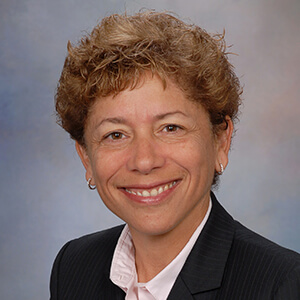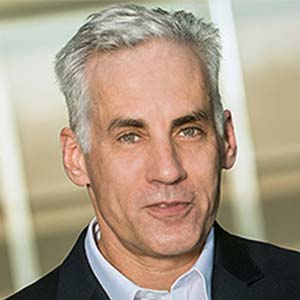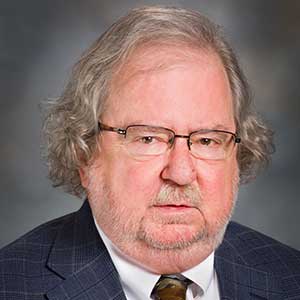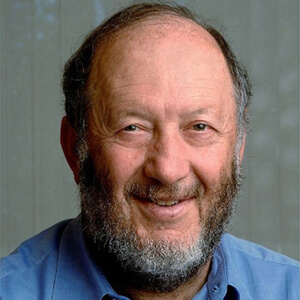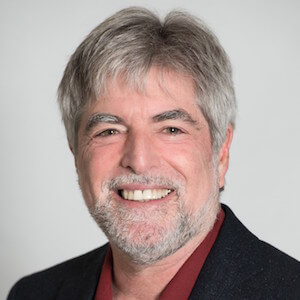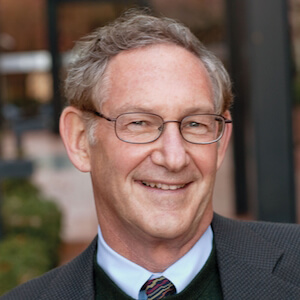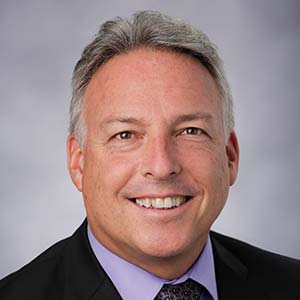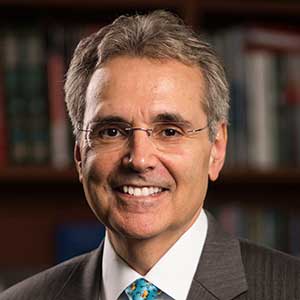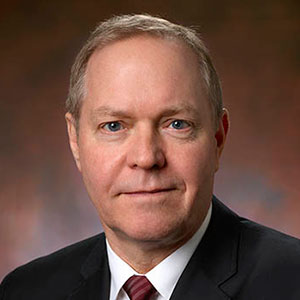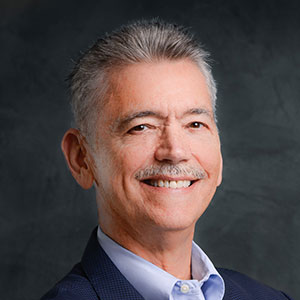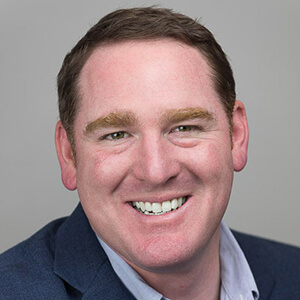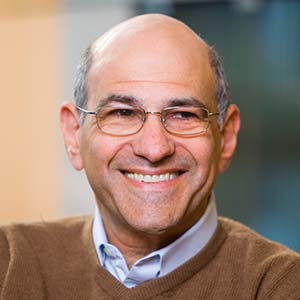In contrast to the three traditional pillars of cancer treatment (surgery, radiotherapy, and chemotherapy), cancer immunotherapy is a relatively young field, yet it is considered a huge game-changer – as it is in the process of changing how we treat cancer.
Immunotherapy is rapidly becoming part of the toolbox for treatment of various types of cancers, in some cases already establishing a new standard of care. Take the example of melanoma which will have about 76,000 new diagnosed cases in 2016 alone with a 5-year survival rate of 17% for metastasized melanoma. Immunotherapy-based treatment shows substantial improvement as demonstrated in long-term follow-up studies which showed a marked increase in the 5-year survival rate of over 30%.
We are indeed at a watershed moment when it comes to how doctors, clinicians, and patients view cancer and our most promising emerging approaches for treatment. At the same time, we find ourselves only at the beginning of understanding the underlying human target biology and the detailed mechanisms of action of this novel class of drugs. It is absolutely critical in this fast evolving environment to stay updated on the latest developments, opportunities, challenges, and solutions.
We invite you to attend PMWC 2017 Silicon Valley and capitalize on this opportunity bringing thought leaders in the field together to help you stay up-to-date on what needs to be known when it comes to immunotherapy. We have dedicated six sessions for a total of 6 hours to Immunotherapy at our upcoming Precision Medicine World Conference (PMWC) 2017 Silicon Valley:
- Immunotherapy: Emerging Applications and Therapies
- Immunotherapy: Immunocheckpoint Inhibitors & Beyond
- Predictive Biomarkers and Companion Diagnostics for Immuno-Oncology
- Clinical Trials in Immunotherapy
- Issues and Challenges of Immunotherapy
- How Immuno-oncology Saved My Life: The Patient/Caregiver Perspective
We are excited to have commitments from high caliber speakers that will touch upon many of these aspects in their respective presentations to conference participants:
While in recent years exciting progress in understanding how to redirect the immune system to effectively recognize and attack cancerous tissues and cells was followed by critical drug approvals including various PD-L-1 and PD-1 inhibitors, atezolizumab [Tecentriq, Genetech/Roche, for bladder cancer treatment], nivolumab [Opdivo, BMS, for the treatment of melanoma, squamous cell lung cancer, renal cell carcinoma, and Hodgkin lymphoma], and pembrolizumab [Keytruda, Merck, for melanoma, metastatic non-small cell lung cancer and head and neck squamous cell carcinoma], some formidable obstacles remain.
One of the key questions relates to the fact that only a subset of patients across tumor types responds effectively to these novel treatments. A recent late-stage trial failure of Opdivo (non-small cell lung cancer), and the news of the death of three patients earlier this year in an unrelated immunotherapy drug trial prompting regulators to halt that trial, are examples of the uncertainties and lack of mechanistic understanding we’re still facing, impacting the market value of pharmaceutical organizations betting on this new approach. Successful patient selection and stratification, long-term cure rates, relapses, and efficacy profile in relapse patients remain largely unknown. As more and more patients are treated with this novel class of medicines and are being followed over the years we will hopefully be learning more and more about both, the potential risk profile (e.g. autoimmune diseases), as well as how to most effectively use these medicines, alone or in combination treatments, to achieve maximal efficacy with a superior safety profile. We will continue to witness an increased push of immunotherapy based on some of the spectacular early success and fueled by the promise of high reward, while uncertainties remain and competitive pressure increases.
As with any new medicine class of this complexity and novelty, development costs are enormous and are cited for the high price tag of these medications when introduced to the market. This produces pressures from payers, patient organizations and other stakeholders.

